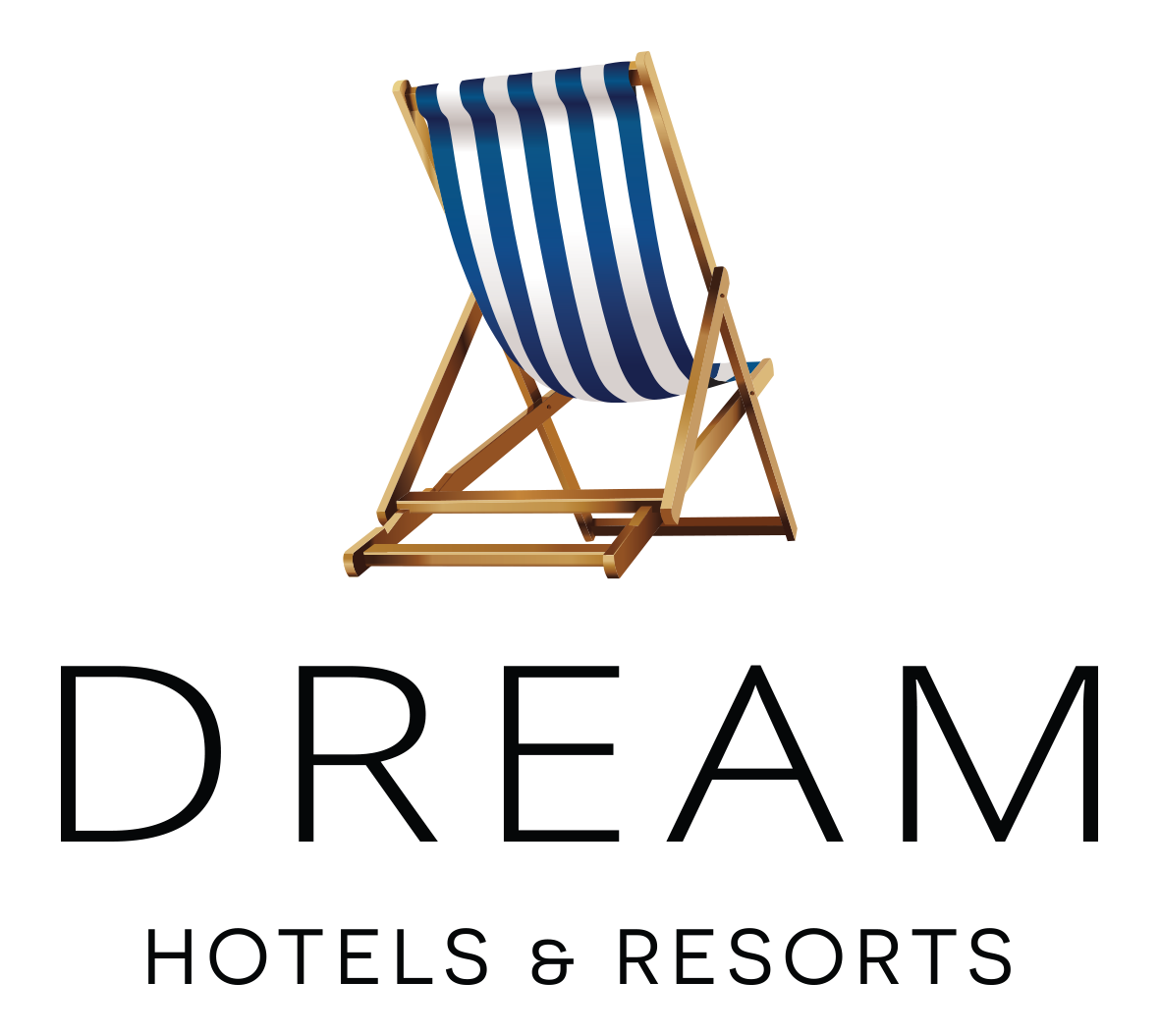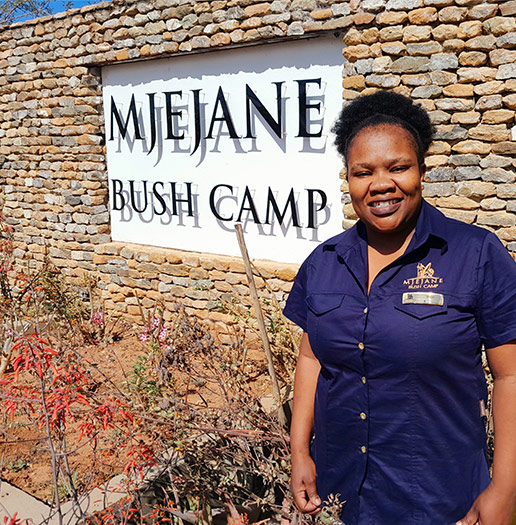
Julia Skosana, Housekeeping Supervisor of Mjejane Bush Camp ensures that the resort runs like a well-oiled machine.
At Mjejane Bush Camp, each day is different for Julia Skosana. As Housekeeping Supervisor, she oversees a team of 19, who ensure the property’s chalets remain holiday-ready throughout the year. “Aside from staff allocations and training, much of what I do ties into energy and waste management,” she explains. “From how we clean dishes to when we change linen and the specific times of day we run appliances, everything we do forms part of the bigger picture here at Mjejane.”
According to former ranger and current General Manager of Mjejane, Ross Forssman, that ‘bigger picture’ is creating a legacy of accountability by minimising their carbon footprint. “It’s not just about penny-pinching or ticking boxes to look good for our guests. Our mission for all of us here at Mjejane is to preserve and protect this land for our communities to enjoy,” he explains. “Being a dad to three young children, it’s also quite personal. I want to leave the world a better place for my kids and future generations.”
Given their location in the Greater Kruger, he emphasises their obligation to do their part in protecting the region’s biodiversity. “Big property, big impact,” he says. “With 42 chalets, the scope for positive impact is huge, especially when you factor in our entire team’s involvement, which now sits at 49 members.”
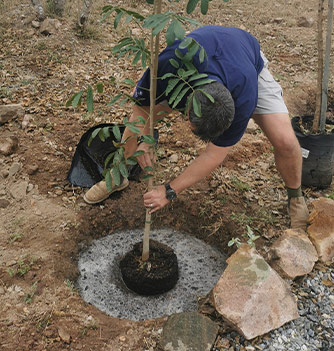
Ross Forssman, General Manager of Mjejane Bush Camp planting a tree.
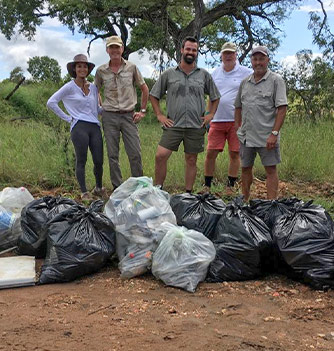
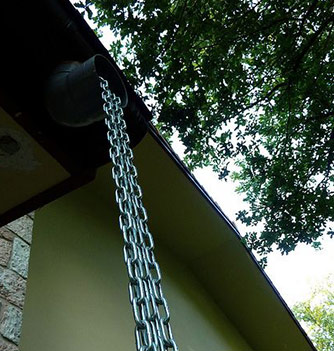
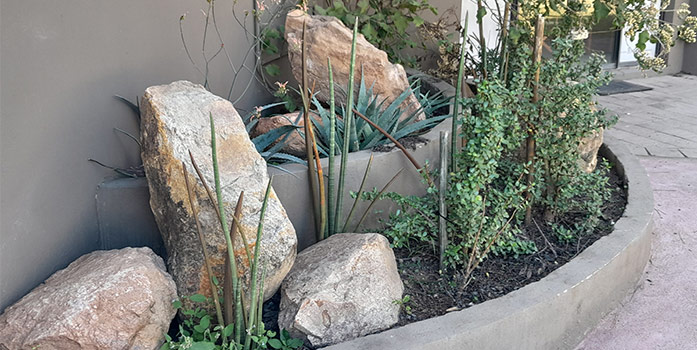
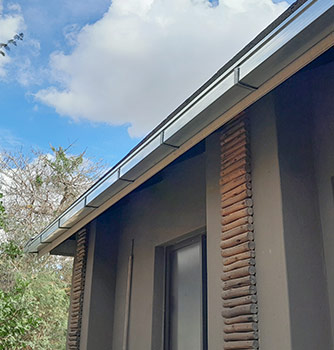
Aside from pioneering the use of energy-saving five-watt globes and being among the first to install solar power within the Dream Hotels & Resorts portfolio, Ross and his team continue to hit their targets, winning multiple accolades for their environmental efficacy.
Despite developing a programme with Energy Resource Optimisers (ERO), he explains that realigning the entire team’s mindset is the most challenging part of their sustainability journey. “It’s not enough to simply tell someone to do something because you want them to. They need to understand why we are adopting certain practices,” he says.
“To achieve our objectives, it was crucial to ensure everyone understood our collective vision and the shared responsibility to achieving it. What has also worked for us is running educational workshops, which we call our ‘toolbox talks’, and quantifying our efforts with data as evidence that our hard work is paying off. If you can’t measure, you can’t manage. My team knows all the stats and numbers, which makes the incentive real.
“Throughout my ten years here at Mjejane, I’ve had to take a good hard look at myself and re-evaluate my management style. I quickly learnt that I couldn’t do it alone and needed to nurture a strong team to help. Ultimately, much of our success boils down to every individual making a consistent effort every day. It’s all thanks to people like Willem and Julia, who help keep us on track.”
Willem Wessels, Mjejane’s maintenance manager, further reveals how adopting responsible practices took time and effort: “We took a lot of knocks and bruises, but our failures have only brought us closer together. What matters most is our consistency and a willingness to learn. The leadership team has also developed what we call the ‘WOW’ effect (way of work), which embodies our attitude, values and mindset around how we approach each work day at Mjejane Bush Camp.
Another notable success at Mjejane is how members of the team have adopted a similar value system at home. “We are conscious of setting an example for our team who then share these teachings and practices within their own households,” says Ross.
Julia confirms that learning to live responsibly at Mjejane has spilt over into her home life at Lugedlane, a nearby community. “What we learn, we implement elsewhere and teach others. My three children know the best times to cook supper, and we plan our day according to Eskom tariffs, which helps us save money and makes us feel good not to waste. I wouldn’t have known about this without being taught at Mjejane.”
She highlights how guests and timeshare owners have also become actively involved in their sustainability efforts. “They see us reusing greywater and switching off unnecessary lights and want to know how they can help or do the same at home. Many will arrive with jars filled with bottle caps for our recycling drive with The Sweethearts Foundation, which helps supply wheelchairs to those in need. Together, we have already collected two tonnes.”
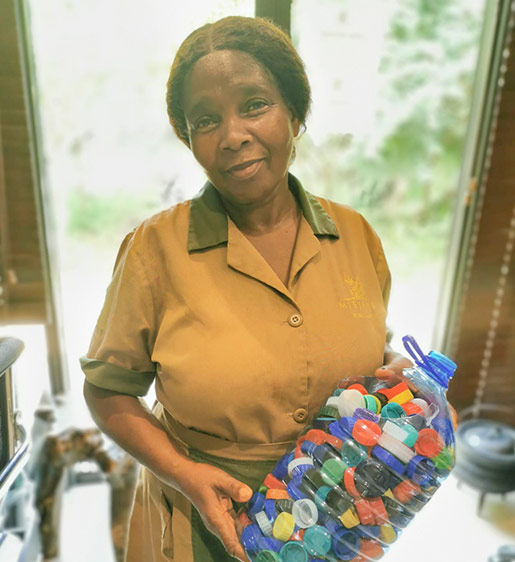
A housekeeping member proudly holding their collection of bottle caps.
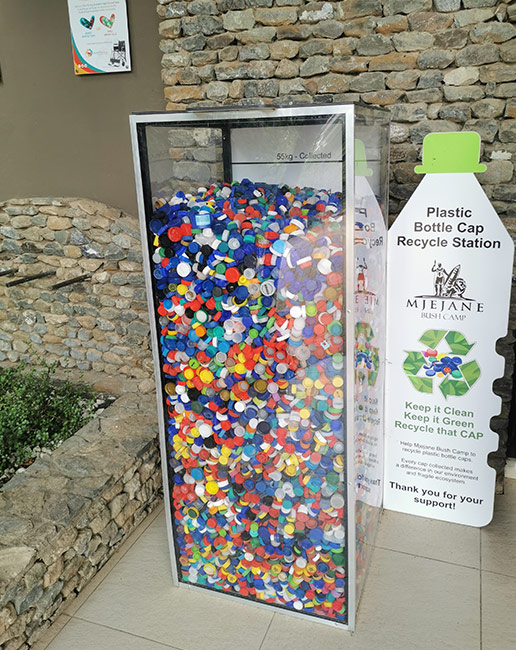
The bottle caps collected for Mjejane Bush Camp’s recycling drive.
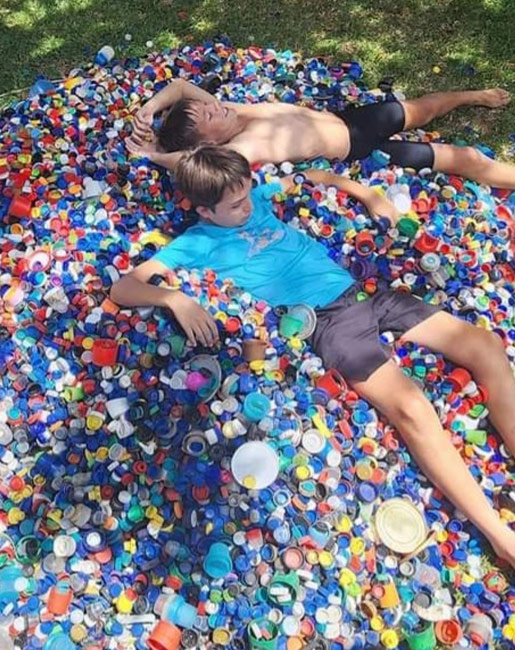
Julia also speaks fondly of her team’s initiative to reuse Lavazza coffee pods. “We use the empty pods to plant spekboom, a South African succulent known for its air-purifying qualities. When they leave, we offer it as a special keepsake to take home with them, which they love!” she adds.
“Since our owners return regularly, they notice the changes we continue to make and have become increasingly invested in our sustainability journey. I often feel that the real success of Mjejane is that we have created a family where we all help each other and have respect for the land we live on.”
Looking ahead, he says that the most important thing for them at Mjejane is maintaining their momentum and not losing sight of their goals. “We can’t give in to hopelessness. I know we are making a positive impact in our corner of the world. Ultimately, it’s up to everyday people like us to create the kind of world we are proud to leave behind as our legacy.”
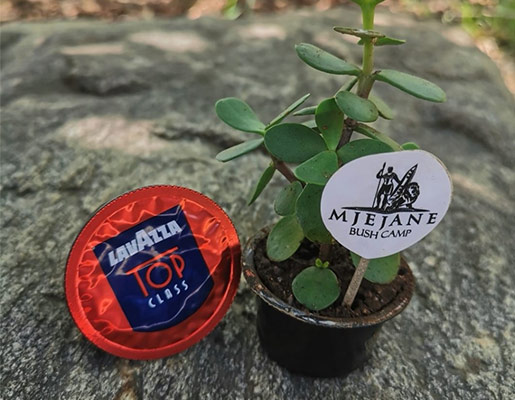
Lavazza coffee pods with spekboom.
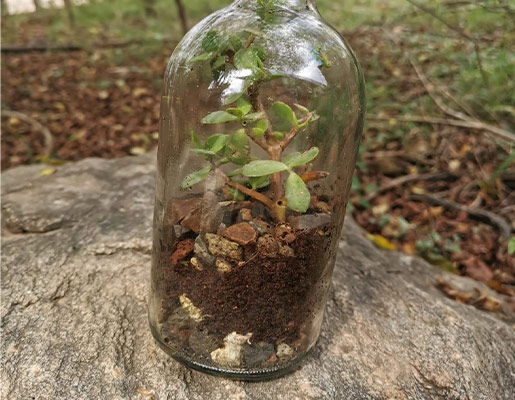
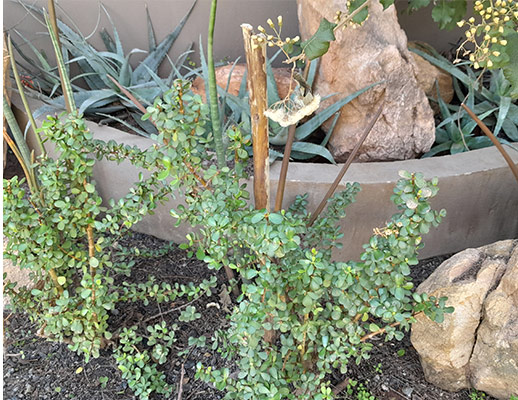
Mjejane Bush Camp sets the benchmark for the Dream Hotels and Resorts Group's environmental journey and fully supports Ross and the team.
Their success is a clear indicator of our mission to take the company forward to create a brighter future for all.
